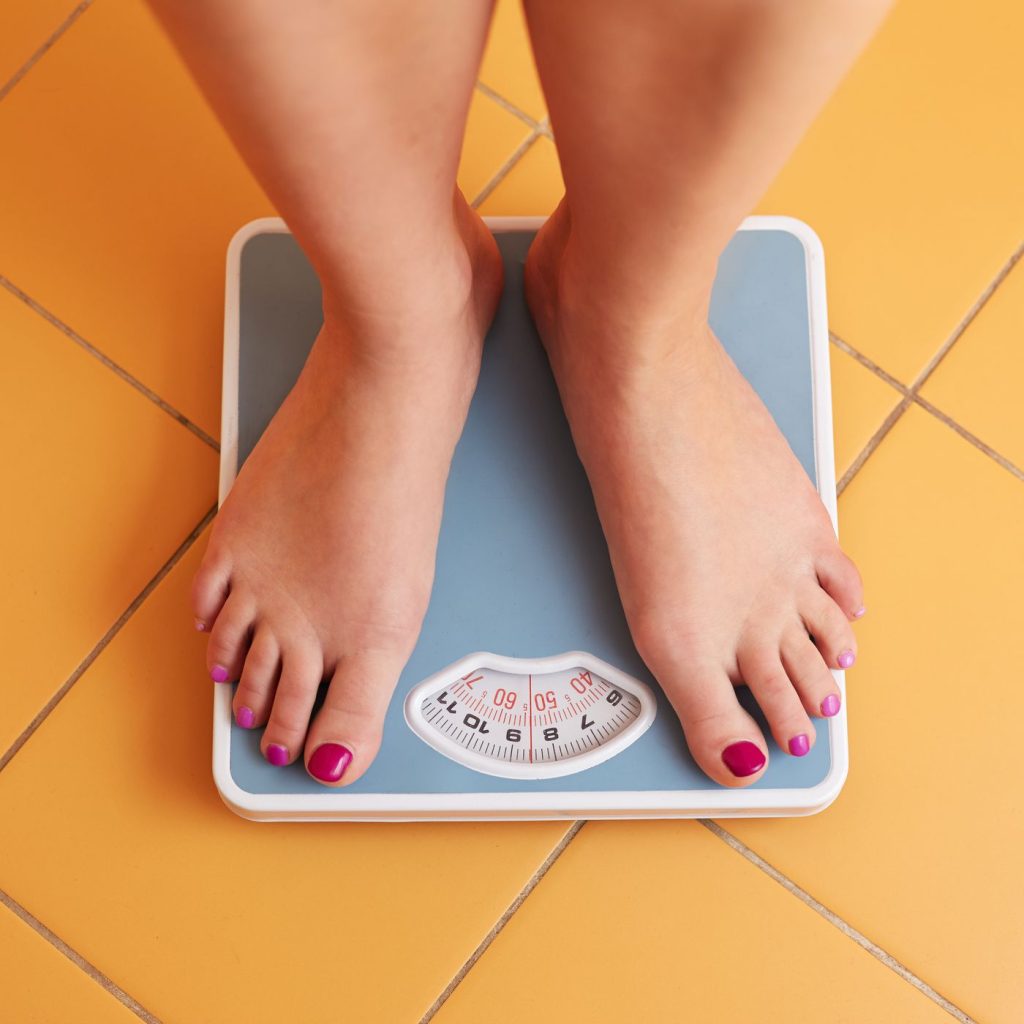United States of America (USA) losing weight
diet plan for losing weight after 30 at Kentucky
diet plan for losing weight after 30 at Kentucky
Losing weight after 30 requires a combination of a healthy and balanced diet, regular exercise, and lifestyle modifications. Keep in mind that any weight loss plan should be personalized to meet your individual needs and preferences. Here’s a general diet plan to help you get started on your weight loss journey after 30 in Kentucky:
- Consult with a Healthcare Professional: Before starting any diet plan or weight loss program, it’s essential to consult with a healthcare professional to ensure it is safe and suitable for your specific health condition.
- Calorie Intake: Calculate your daily calorie needs based on your age, gender, weight, activity level, and weight loss goals. Aim for a moderate calorie deficit to lose weight in a healthy and sustainable manner.
- Balanced Meals: Focus on consuming a well-balanced diet that includes a mix of the following food groups:
a. Lean Proteins: Incorporate lean sources of protein such as chicken, turkey, fish, tofu, legumes, and low-fat dairy products into your meals. Protein helps to keep you full and supports muscle maintenance during weight loss.
b. Whole Grains: Opt for whole grains like brown rice, quinoa, oats, and whole wheat bread instead of refined grains. Whole grains provide fiber, which aids in digestion and promotes a feeling of fullness.
c. Fruits and Vegetables: Include a variety of colorful fruits and vegetables in your diet. They are low in calories and rich in essential vitamins, minerals, and antioxidants.
d. Healthy Fats: Incorporate sources of healthy fats, such as avocados, nuts, seeds, and olive oil, in moderation. Healthy fats are important for overall health and satiety.
e. Limit Added Sugars and Processed Foods: Minimize the consumption of sugary beverages, candies, and processed foods, as they contribute to excess calorie intake and may lack essential nutrients.
- Portion Control: Be mindful of portion sizes to avoid overeating. Use smaller plates and practice mindful eating to savor your meals and recognize when you are full.
- Stay Hydrated: Drink plenty of water throughout the day. Sometimes, thirst can be mistaken for hunger, leading to unnecessary snacking.
- Meal Prepping: Plan and prepare your meals in advance to avoid impulsive food choices and ensure you have healthy options readily available.
- Regular Eating Schedule: Try to maintain a regular eating schedule to support your metabolism and prevent extreme hunger that may lead to unhealthy food choices.
- Physical Activity: Combine your diet plan with regular physical activity. Engage in a mix of cardiovascular exercises (e.g., walking, jogging, cycling) and strength training to promote weight loss and muscle tone.
- Get Enough Sleep: Aim for 7-9 hours of quality sleep each night. Poor sleep can disrupt hormones related to hunger and fullness, potentially leading to weight gain.
- Monitor Progress: Keep a food journal to track your meals, exercise routine, and progress. Regularly assess your results and make adjustments as needed.
Remember, sustainable weight loss is a gradual process. Focus on creating healthy habits and making positive lifestyle changes that you can maintain in the long term. Be patient with yourself and celebrate your progress along the way. If you have any medical conditions or concerns, it’s essential to seek guidance from a registered dietitian or healthcare professional to create a personalized diet plan that aligns with your goals and health needs.




